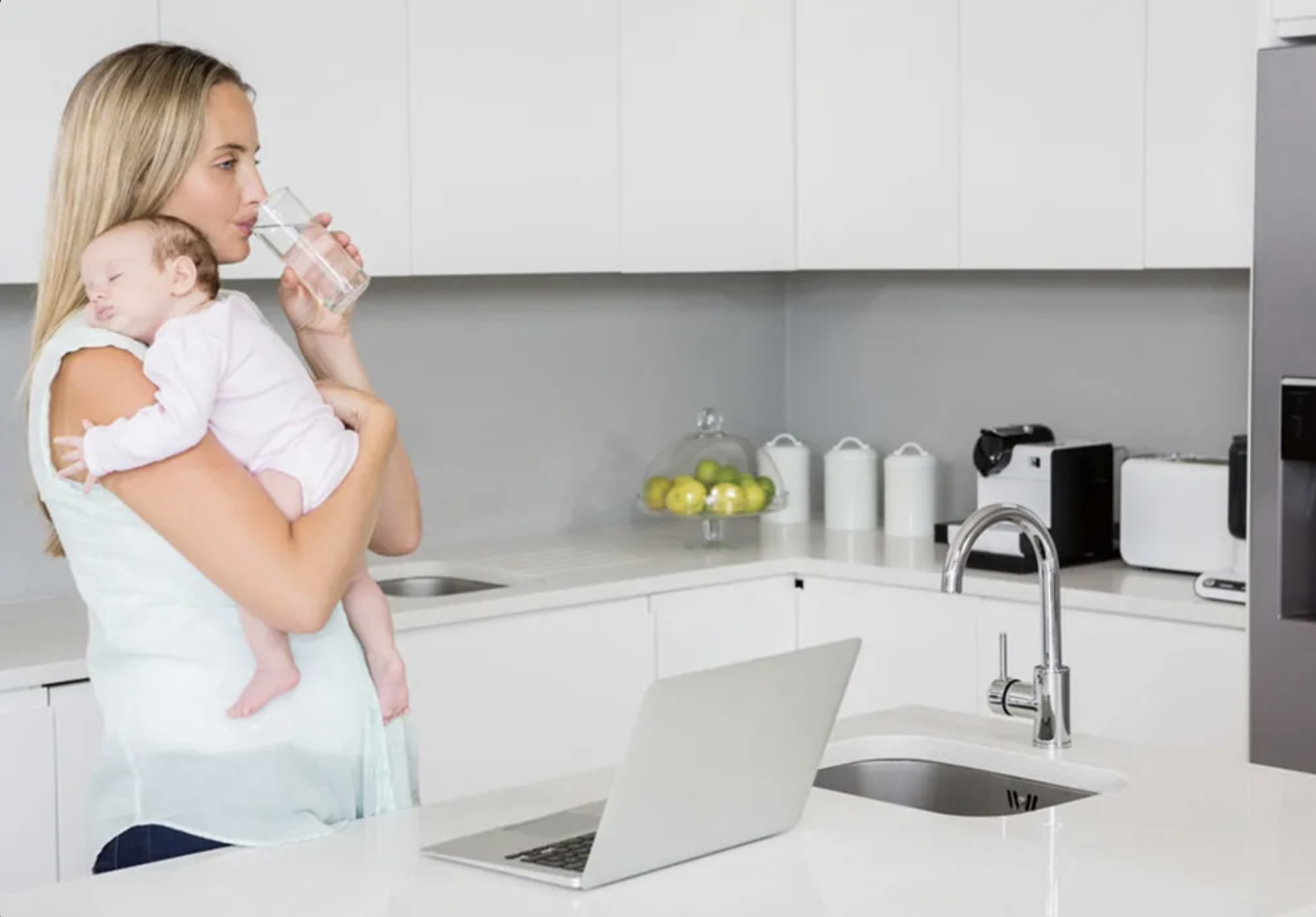Making Hydration One of Your Daily Priorities

We live in an age of continual technological advancement and improved medical care, yet one very straightforward action that can significantly improve health and productivity gets overlooked all too often: hydration.
Whether you live in a warm climate, in a cold climate with indoor heating, or are athletic and physically active, hydration should be a priority. Drinking water isn’t merely to quench thirst; good hydration aids in staying healthy, supporting efficient body function and keeping body temperatures cooled when at risk of overheating. Still, it can be hard to stay on top of your hydration needs, and getting children to drink enough water can be particularly challenging.
Water is essential for survival, with human bodies made up of approximately 60% water. No cell, tissue, or human organ can properly function without water. With too little water, bodily functions will be compromised, which can lead to severe health problems.
But how do we know how much water is needed and how often? Staying well hydrated is a necessity for everyone, but no one formula works for all.
How Much Water Is Necessary for Good Hydration?
Daily recommended water consumption will vary from person to person depending on one’s gender, metabolism, physical activity, location, diet, and general health. A general rule of thumb is for women to consume at least 90 ounces daily and men at least 125 ounces. These amounts will need to be increased in hotter climates and for those involved in strenuous physical exercise.
How to Recognize Dehydration
Dehydration can cause several symptoms, such as fatigue, weakness, dizziness, headaches, thirst, less urination or dark-colored urine, cramps, and even a lack of coordination or confusion; energy levels will typically also drop. How you contrast or treat dehydration will depend on the severity of symptoms, and severe dehydration may require urgent medical intervention.
Staying Hydrated: Drinking and Diet

To ensure proper hydration, it’s recommended that you consult your doctor or medical health care professional for advice on what your daily water intake should be; merely vowing to drink more water daily is a good start, but make sure to follow through.
Begin by creating a daily water intake goal and introducing several routine steps that can quickly become habits. Start the day with a glass of water and end the day with another glass as well. To stay hydrated during the day, choose an attractive water bottle to take along with you on your travels.
Make sure your workplace and home are water-friendly. Workplaces also benefit from water coolers or water filtration devices so that fresh drinking water is always readily available.
A diet that contains food high in water content can also contribute to hydration needs. Foods such as watermelon, tomatoes, cucumbers, celery, grapefruit, grapes, and strawberries contain vitamins, minerals, and nutrients and hydrate. Drinking water alone is only one of many options when it comes to hydration.
Flavored Water
Suppose you don’t particularly enjoy plain water and find the taste bland; in that case, you can try water infused with natural flavors, such as a splash of citrus fruit from lemons, oranges, or limes, or a sprinkle of herbs, such as basil or mint, for a more appealing flavor. These natural flavors will also offer some additional vitamins and nutrients.
Use Technology to Stay Hydrated
Apps are not only practical, but they’re fun. Selecting an app with an alarm or an alert that sounds regularly can be the most effective tool in keeping you hydrated. These apps can also help you track whether you are meeting your hydration goals and, may even feature some friendly competition to help keep you motivated and hydrating.
Avoid waiting until you feel thirsty, as thirst may indicate that you are already dehydrated. Simple alarms can also be set regularly on computers or mobile devices to ensure you remember it’s time for a drink.
Beverage Dos and Don’ts
Plain water may not always be everyone’s choice, so often, people may assume that any beverage will boost hydration - not so! A beverage like coffee and some teas are diuretic, stimulating a loss of fluids. If you are a tea or coffee drinker, do not depend on these beverages to meet your hydration goals; alcohol will also interfere with proper hydration. Water is always the preferable option.
One Glass at a Time
Make hydration a daily priority to contribute to your overall health and productivity. Proper hydration will contribute to increased productivity through improved focus, efficiency, and energy; success may be just a glass of water away.






